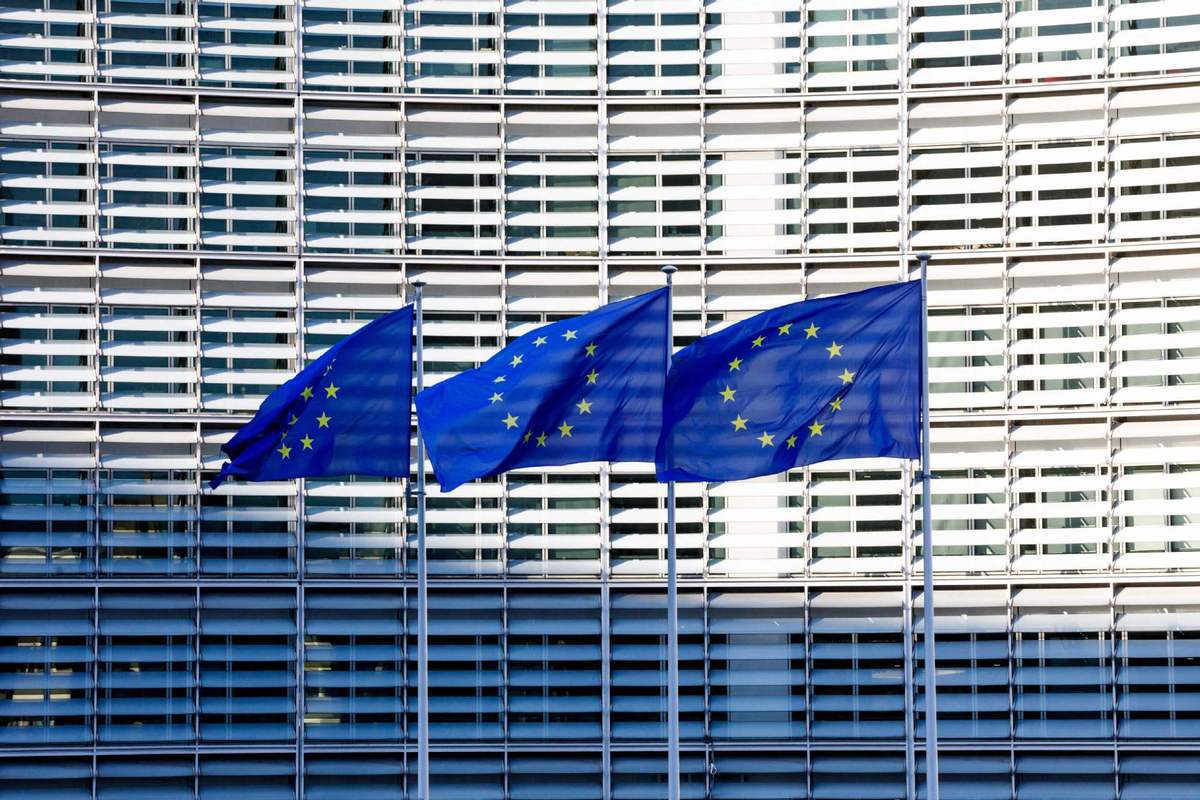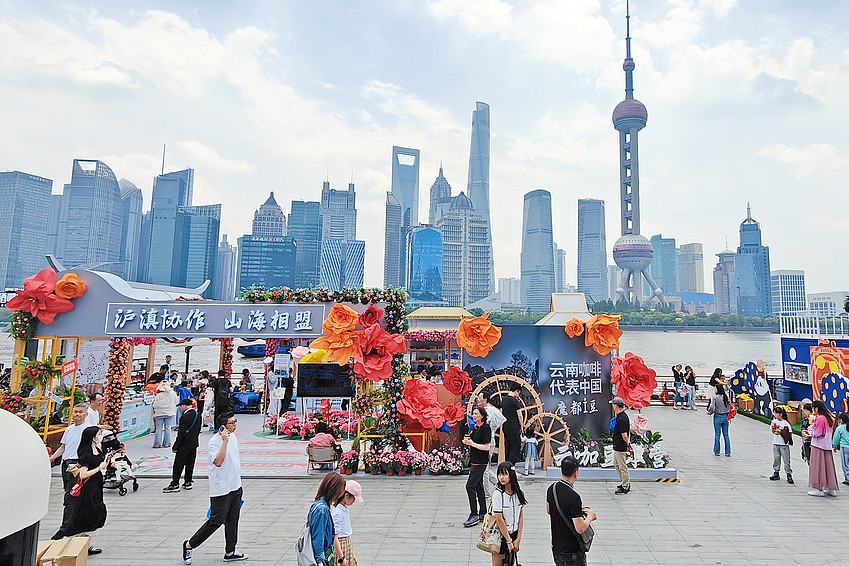EU should talk to suppliers, and uphold open-market principles


According to official data, the European Union imported €3.5 billion ($4.06 billion) worth of steel from China in 2024, the third-largest quantity after steel worth €3.9 billion from India and €3.6 billion from the Republic of Korea. The EU's import of iron and steel products — such as screws, bolts, structural fittings and tubes — from China reached €12.5 billion in 2024. However, compared with 2019, the growth in supplies was notably lower than from some other suppliers, such as Turkiye, whose exports to the EU jumped 82.4 percent.
This is why, as the China Chamber of Commerce to the EU stressed in a statement on Tuesday, "China's steel exports to the EU account for only a modest share of its total global exports". As any rational economist will note, China is just participating in the natural international division of labor shaped by market principles, supplying steel and steel articles in line with its production capacity.
From this perspective, the European Commission's newly released proposal on Tuesday, designed to "protect the EU steel sector from the unfair impacts of global overcapacity", should not be considered, as some media outlets hype it up, a move "targeting China". Indeed, China and the EU have long been major trade partners who enjoy mutual trust.
However, the proposal still suggests a turn toward protectionism. By seeking to cap tariff-free steel imports at 18.3 million metric tons a year, or 47 percent lower than the 2024 quota, and raise the out-of-quota duty from 25 to 50 percent, the European Commission is trying to distort the market rather than strengthen it.
China's role as the world's manufacturing factory allows it to produce components such as screws, bolts, structural fittings and pipes at lower cost. Blocking such imports under the banner of protecting local industry disrupts not just trade flows but also the efficiency of the global supply chain.
If the proposal is approved, European consumers might have to shell out more for virtually every industrial product, from household appliances to cars, because it's so difficult today to find an industrial product that doesn't use screws.
The ripple effects of such protectionism should not be underestimated because the EU has long championed open and rules-based trade. A shift toward protectionism would undermine global confidence and convince other market players that the EU is moving closer to the US model of restrictive trade policies — from imposing high tariffs to reshoring industries. If the EU, home to three G7 members, follows the same path, other economies will feel compelled to respond in kind. A protectionist spiral among major economies is a scenario the world can ill afford at a time when global growth needs stability and cooperation.
Equally noteworthy are the words of European Commission President Ursula von der Leyen, who said that "Global overcapacity is damaging our industry." The phrase closely echoes US rhetoric about overcapacity in sectors such as steel and clean energy. If both the US and Europe embrace similar protectionist narratives, the outlook for the global economy becomes even more worrisome.
Fortunately, the European Commission's plan remains a proposal rather than a final policy, which must pass through the EU's legislative process before taking effect.
Rather than resorting to protectionist measures, the EU should engage in constructive dialogue with major suppliers such as China to address specific concerns about market distortions, while continuing to uphold the open-market principles that have served Europe well for decades.


































